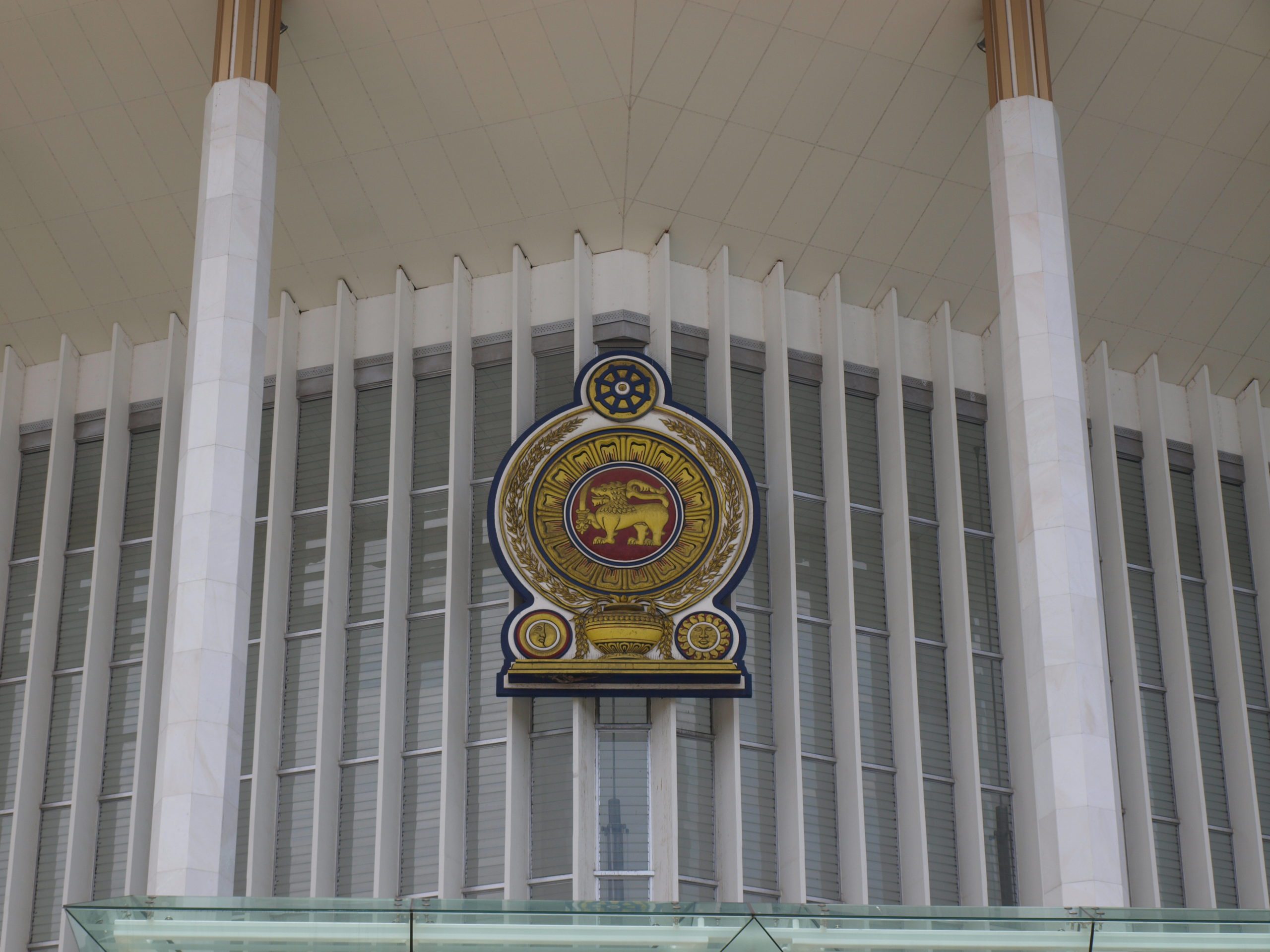
This article originally appeared in the Toronto Star.
By Vijay Sappani and Shuvaloy Majumdar, August 17, 2022
Sri Lanka is in deep turmoil. It has a new President, Ranil Wickremesinghe, after Gotabaya Rajapaksa fled the country following mass uprisings and now faces appropriate calls to be held accountable for his status as a war criminal. Many years in the making, understanding this crisis is crucial for Canada to both play a productive role in support of Sri Lankans and set these events in the wider interests for Canada in the Indo-Pacific.
Prior to today’s turmoil, Sri Lanka had one of the best economies and among the best UN human development index scores in South Asia. It has free trade agreements with India, Pakistan and Singapore. Sri Lanka is also a member of the South Asian Free Trade Area (SAFTA) and the Asia-Pacific Trade Agreement (APTA). The country enjoys duty free preferential market access privileges for a range of Sri Lankan products in American and European markets.
With access to global markets, many sectors, notably tea, agriculture, apparel, manufacturing, shipping, and tourism had expanded. Its economy was strong, growing, and supporting development and prosperity for all.
But these brighter days gave way to troubling warning signs. Sri Lankan politicians were warned as early as 2015 about the risks of an evolving economic crisis.
A combination of reckless spending and ill-considered tax cuts contributed to a monstrous financial deficit. Revenues were hampered by the 2019 Easter Sunday terror attacks and the pandemic, both decimating tourism, Sri Lanka’s third largest source of foreign exchange. The government pursued a notorious, UN-led ideological ban on fertilizers, mandated organic farming, which dramatically deteriorated agricultural productivity.
Sri Lanka now faces sovereign default and economic collapse, the worst economic crisis it has seen since its independence in 1948. It has significant shortages of food, fuel, medicines, and other essentials for a nation of 22 million souls. Russia’s invasion of Ukraine increased food costs, and accelerated other inflationary forces.
Coupled with this economic crisis is a geopolitical one. China’s predatory debt and weaponized commercial schemes contributed to Sri Lanka’s turmoil. By garnering strategic access to ports and other infrastructure projects through horrific debt-equity arrangements, China sought to have Sri Lanka cede sovereignty over its own territory for generational periods of time should it fail to repay Chinese debt.
Beijing got its way over Colombo, enabled by the return of the Rajapaksas. In 2019 Sri Lanka was obliged to lease its Hambantota port to China for 99 years under these terms. Unsurprisingly, this “commercial” Chinese port received a military PRC surveillance vessel, which has capacity to monitor Quad submarine and satellite activities despite Indian protestations.
Amid political and economic disarray, human rights in Sri Lanka rapidly deteriorated. Reports today of nearly one-third of the country facing hunger is worrisome, with the Tamil minority in the northeast being disproportionally affected.
Rebuilding a bankrupted Sri Lanka and countering China in the Indo-Pacific go hand in hand. Sri Lanka constitutes a strategic maritime theatre, set in the Indian Ocean connecting the Bay of Bengal with the Arabian Sea, designated as a target for China’s “String of Pearls” network militarizing Beijing’s economic interests. And as home to the largest Sri Lankan diaspora in the world, comprising many Tamils who came as refugees, Canada also carries a moral responsibility.
Indeed, just last month, while commemorating the 39th year since the commencement of Black July, a pogrom of minority Tamils in Sri Lanka, Justin Trudeau delivered a statement of encouragement for the Wickremesinghe government:
promote democracy and human rights and maintain the rule of law as it works to address [the] on-going crisis, and undertake the necessary reforms for a peaceful, prosperous, and reconciled Sri Lanka.’
This is a position widely held by like-minded Canadian partners in the region and beyond. So, what is needed to help restore Sri Lanka?
India is a critical partner for Canada in this endeavour. While Beijing’s aid has remained mostly insignificant, India stepped up with $4.5 billion in emergency economic assistance for Sri Lanka, approximately two thirds of what Sri Lanka requires to stabilize its crisis.
However, for a resilient and stable Sri Lanka, a larger international effort is needed.
Canada could host western and Asian nations, assembling for Sri Lanka an economic debt restructuring package from the IMF with sound partnerships for Sri Lankans. With our closest partners – namely, the US, UK, EU, India, Japan, and Australia – Canada could support Sri Lanka in enacting long-discussed economic and political reforms.
This would include supporting justice for Sri Lankans, releasing all political prisoners, demilitarizing peaceful Tamil populated areas, implementing a widely supported constitutional amendment devolving land and police powers to states, and unleashing enterprise and investment policies in an economic compact to rebuild and grow Sri Lanka.
Taken together, Canada and its partners are Sri Lanka’s largest trading partners, providing a natural opening for Sri Lanka’s indispensable role in the Indo-Pacific. It is timely that Canada is pursuing an ambitious trade deal with India, coinciding well with long continued India-Sri Lanka economic negotiations.
For major Pacific democracies determined to establish a rules-based order, this is an opportunity to counter Beijing’s hegemonic ambitions, and demonstrate how collaborative interventions can help Sri Lanka overcome the crisis. Set within a clear-minded agenda for Canadian interests in the long-term, this would enable Sri Lanka to emerge as a resilient and strong democracy, and provides an opportunity for Canada to earn some needed respect in a region it has been absent from for too long.
Shuvaloy Majumdar is Munk Senior Fellow and heads the Foreign Policy and National Security Program at the Macdonald-Laurier Institute. Vijay Sappani is of Indo-Sri Lankan heritage, and a member of MLI’s Canada India Strategic Dialogue.





